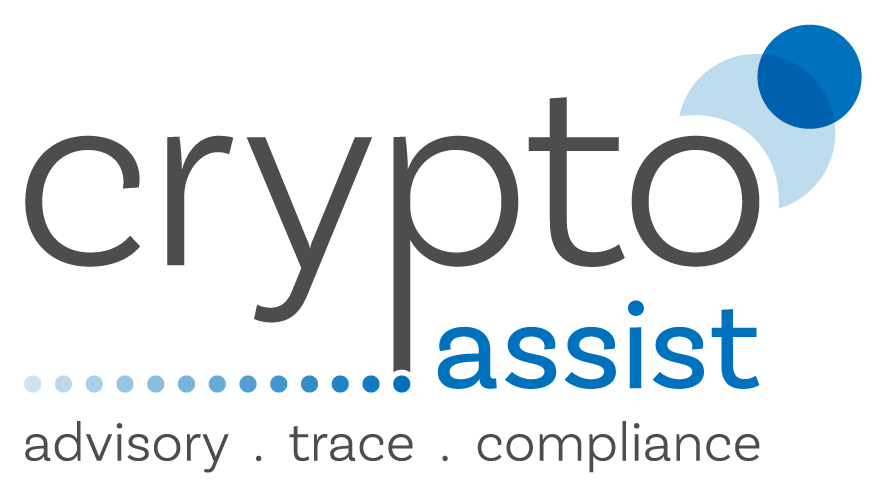Resources
Trying to keep up with developments in the world of crypto is like trying to drink from a fire-hose. Nevertheless, practitioners involved in crypto should be aware of the following major documents:
General
HM Government’s Policy paper – Factsheet: cryptoassets technical (updated 26.10.23)
UK Jurisdiction Taskforce statement (which provides legal certainty that, in principle, English law recognises cryptoassets as property and smart contracts as enforceable):
Financial Conduct Authority
General guidance
Where different types of cryptoassets might fall in the FCA’s ambit
Prohibitions on the sale to retail clients of investment products that reference cryptoassets.
Accountants
1
ICAEW Blockchain and cryptoassets help sheets (helpsheets, thought leadership and other reports on blockchain and cryptoassets such as cryptocurrencies and Non-Fungible Tokens (NFTs))
2
Crypto-Assets: ICAEW Anti-Money Laundering Guidance For Accountants
3
HMRC internal manual: Cryptoassets Manual
4
Financial Accounting and Standards Board, December 2023 standards update: Accounting for and Disclosure of Crypto Assets
5
ACCA’s step-by-step introduction to the key issues
Solicitors and Barristers
1
Lockchain for legal professionals: The Law Society’s Third edition of “Blockchain: Legal & Regulatory Guidance booklet
2
Anti-money laundering guidance for the legal sector, produced by The Legal Sector Affinity Group (LSAG).
The LSAG is a grouping of 12 of the UK legal sector’s regulatory and representative bodies and their interpretation of how legal professionals need to interpret AML rules. The guidance has been approved by HM Treasury and so as close to a ‘safe harbour’ interpretation one can get outside of a court ruling.
The 2023 guide comes in two parts:
Part 2
Specific AML guidance for:
Part 2a
Barristers/advocates
(meant to be read independently of part 1).
Part 2b
Trust or company service providers
(meant be read alongside part 1).
Part 2c
Notaries
(meant be read alongside part 1).
You will also need to read the recent addition to the 2023 guide (until approved by HM Treasury it should be read as supplementing, not replacing the 2023 guide).
